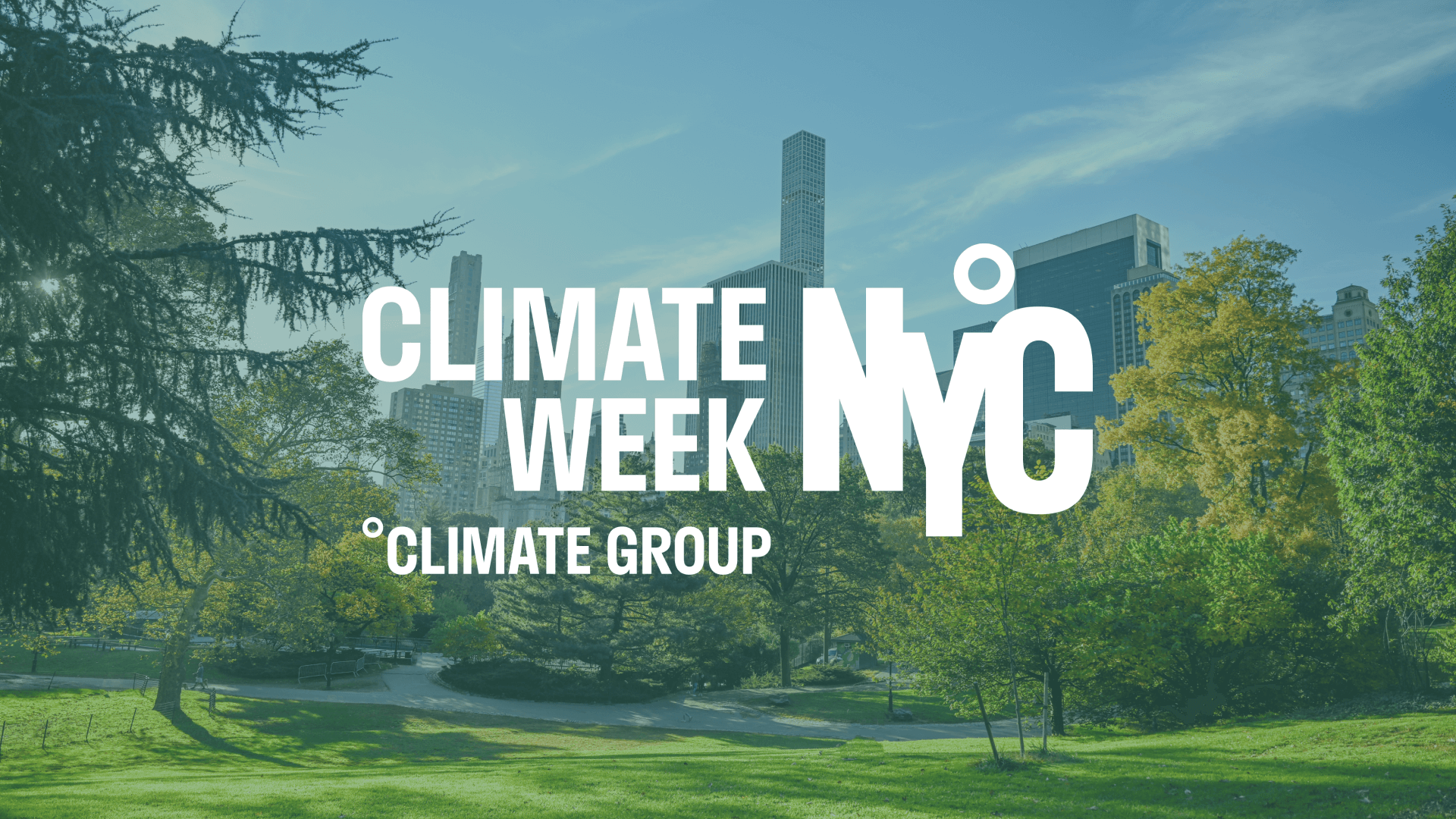
The iGST is an important initiative for ClimateWorks that unites the analytical and advocacy communities to ask the hard questions around what it means to connect the many dots between knowing what we need to do, and figuring out how we do it.
The Paris Agreement outlines a five-year cycle of evaluation (through the Global Stocktake) and new climate commitments (through enhanced nationally determined contributions, NDCs). With the first GST taking place in 2023 and new NDCs being announced in 2025, that means there are only five 5-year periods remaining until 2050, when the world needs to be within striking distance of net-zero greenhouse gas emissions. Considering that every inch of policymaking progress is extremely hard-won, it is a seismic shift from the normal course of politics to be at the point where every decision has to yield a maximum outcome.
ClimateWorks and its partners launched the independent Global Stocktake (iGST) at COP24 to make sure these five 5-year cycle are maximally effective. We’re laying the groundwork now to do two things: push countries to get as much as they can out of the GST, and to accompany that process by enhancing those elements that inevitably won’t be covered. The iGST is an important initiative for ClimateWorks that unites the analytical and advocacy communities to ask the hard questions around what it means to connect the many dots between knowing what we need to do, and figuring out how we do it.
One partner, the World Resources Institute has reviewed the key considerations for how the formal UN process can yield as robust, effective, and inclusive a Global Stocktake as possible. Wuppertal Institut is taking a step back to ask the question, what would an ideal Global Stocktake look like, in terms of its function within a global agreement? The iGST consortium recently presented the current status of ongoing research that digs deeper into the means by which the GST can be made most effective; consortium members will present this work at COP25 in Santiago. Our discussion identified several areas for further research to inform the iGST workplan:
- Previous attempts to take stock of international agreements and encourage greater action have had mixed results. For example, the Talanoa Dialogue was structured around meaningful and interesting questions (where are we now, where are we going, how do we get there?), but it only yielded a non-committal call for action. Nevertheless, the Dialogue did help drive political attention around the IPCC 1.5 Special report, which was very influential. In the future the relationship between the GST and IPCC assessment report could be similar.
- The GST is a state-led process, but we have seen new research, methodologies, and analysis around the impact of non-state and sub-national actors, showing how their climate action helps countries meet, and in some cases over-achieve, current national pledges under the Paris Agreement. Highlighting this will be an important role for the iGST.
- The all-important question is how assessment leads to action:
- We can balance both ‘shaming’ and ‘faming’ countries, and need to assess where we can see examples of this working well. An example of a recent approach is the new Ambition Call from the ‘Brown to Green’ report, assessing G20 countries.
- There is a growing body of information on emissions trajectories and technologies, so the iGST can focus more attention on the social science and non-quantitative aspect of how progress is made. In Talanoa parlance, ‘how do we get there’ is much harder to answer than ‘where are we now and where are we going?.’ An example of recent work is by Climate Action Tracker on governance.
- The iGST consortium views the GST not as a punitive assessment but as an opportunity for countries to learn, spurring ambition. We will communicate to countries and government delegations that there is an independent community of practice that will be watching, analyzing, and sharing back what we observe around the Global Stocktake. We hope to take advantage of any future regional climate weeks, and to interface with existing initiatives with broad reach.
This fall we are hosting three webinars on each of the main aspects of the iGST – mitigation, adaptation, and finance (registration is available below). Our goal is to share preliminary research on the nature of information available to the GST in each of these areas, as well as to hear from a diverse range of partners on these essential topics:
- Mitigation indicators and analytical approaches for the Global Stocktake. Friday, October 25, 7 – 8:15am PDT/ 4 – 5:15pm CEST.
- Adaptation in the Global Stocktake: the scope for independent input. Thursday, October 31, 7 – 8:15am PDT/ 3 – 4:15pm CET
- Understanding finance in the Global Stocktake. Thursday, November 7, 7 – 8:15am PST/ 4 – 5:15pm CET.


